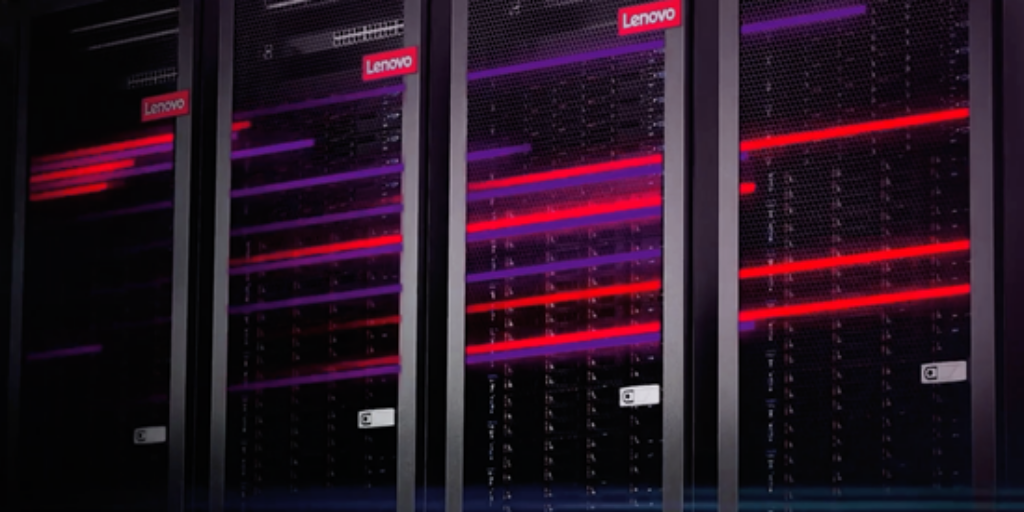 In this video from SC19, Trish Damkroger from Intel and Ian Colle from AWS describe how the two companies collaborate to deliver the best possible application performance in the Cloud.
In this video from SC19, Trish Damkroger from Intel and Ian Colle from AWS describe how the two companies collaborate to deliver the best possible application performance in the Cloud.
Cloud computing helps democratize High Performance Computing by placing powerful computational capabilities in the hands of more researchers, engineers, and organizations who may lack access to sufficient on-premises infrastructure. The cloud’s flexibility and scalability offer virtually unlimited capacity, eliminating wait times and long job queues. Access to new and evolving services and applications make it easy to evolve and modernize workflows, like incorporating AI with HPC. With HPC in the cloud, organizations only pay for the capacity they use, and there’s no risk of on-premises infrastructure becoming obsolete or poorly utilized. In addition, cloud-based services enable innovation without constraints by delivering faster results and improved flexibility. Amazon Web Services (AWS) gives organizations the power to create HPC clusters on demand, instead of waiting for equipment to be built—helping drive business insights and organization productivity.
Despite its advantages, some organizations remain hesitant to move their HPC workloads to the cloud, due to questions about cost, security and performance. With today’s clouds, these assertions are outdated and generally inaccurate. HPC on AWS, powered by Intel Xeon Scalable processors, offers the most elastic, scalable cloud infrastructure to run HPC applications, and the range of services makes it easier than ever to get started quickly, securely, and cost-effectively.
Cost and Cost Management
For many organizations, the cost of running HPC in the cloud is a major concern. In a recent market survey conducted by a third party for AWS, almost half (49%) of participants said cost and cost-management were barriers. When considering the cost of cloud-based HPC systems, organizations should note that in many cases a basic TCO analysis often does not tell the whole story. Demand for on-premises HPC resources often exceeds capacity and lost productivity due to an over utilized system has massive implications for organizations that place high value on the pace of innovation. Moving HPC workloads to the cloud also eliminates the need for periodic technology and infrastructure refresh cycles every three to five years, ensuring that innovation continues at a rapid pace.
AWS delivers an integrated suite of services that provides everything needed to build and manage HPC clusters in the cloud, simply and cost-effectively. There are no upfront capital expenditures or lengthy procurement cycles, and the only cost is for capacity used. It offers flexible pricing models that provide significant cost savings for time-flexible, stateless workloads. AWS constantly delivers new services and features, like 2nd generation Intel Xeon Scalable processors with Intel Deep Learning Boost to enable new capabilities, improved performance, and optimization for all current HPC frameworks. AWS offers cost management and analysis tools such as AWS Cost Explorer and AWS Budgets. Additionally, AWS partners like Ronin have built cost-control models on the platform.”
Learn more at the Intel IT Peer Network




